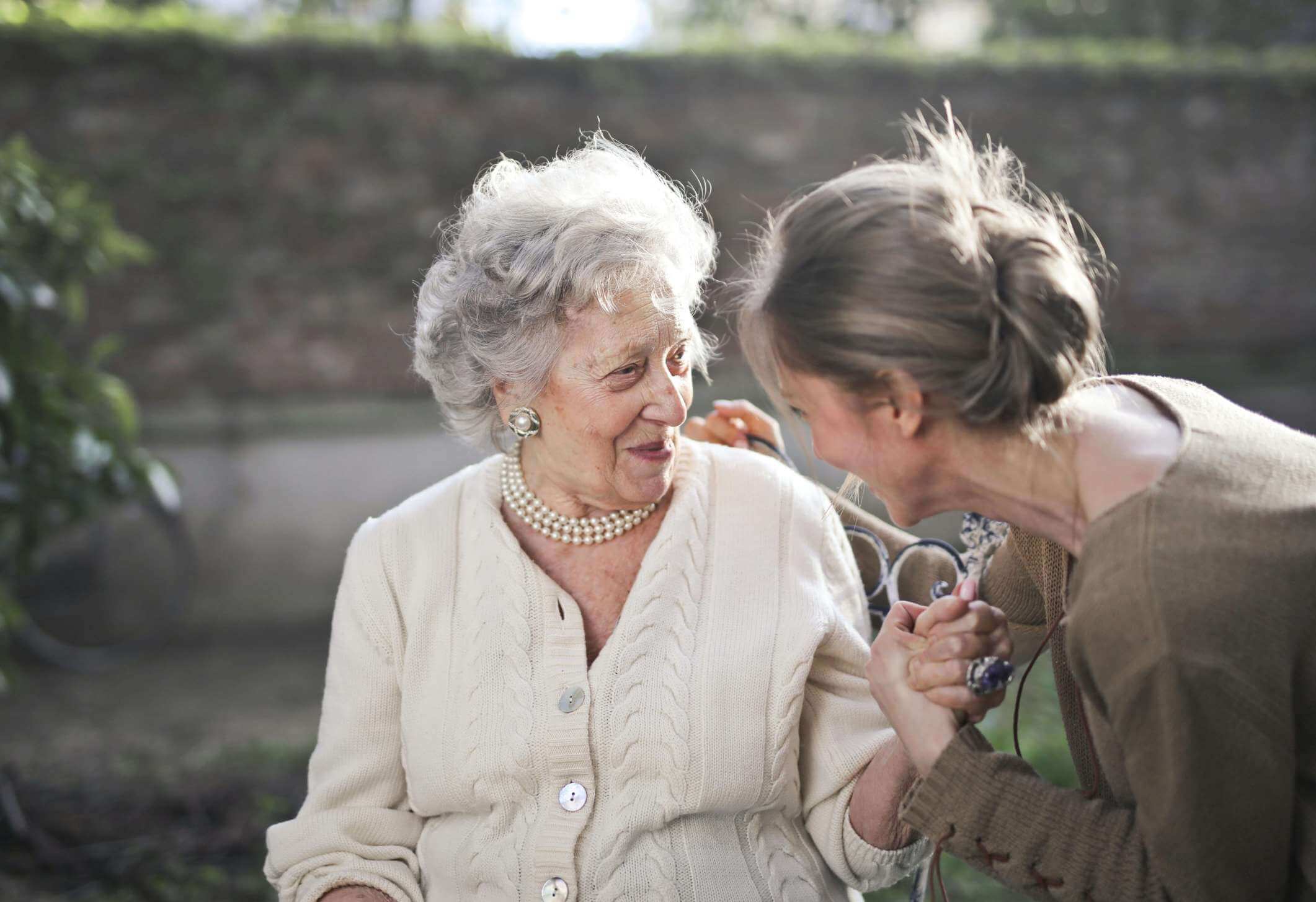Elderly Care: Bridging the Gap in Quality Services
In the current scenario, there is a noticeable gap in the quality of elderly care services available. While some facilities and programs offer excellent care, many others fall short in meeting the diverse needs of the aging population. It's essential to identify these gaps and work towards bridging them to ensure that every elderly individual receives the care they deserve. This requires a collaborative effort from various stakeholders including healthcare providers, government agencies, and the community at large.
One area where the gap is evident is in the access to specialized medical care for the elderly. Many seniors face difficulties in getting timely appointments with specialists, especially for complex conditions like dementia or heart disease. There is a need to improve the referral systems and ensure that there are enough specialists trained in geriatric medicine.

The quality of food and nutrition in some elderly care facilities also leaves much to be desired. A balanced diet is crucial for the health of the elderly, yet in many places, the meals are not tailored to their specific dietary needs. Efforts should be made to hire professional dietitians and improve the menu planning to provide nutritious and appetizing meals.
Mental health support for the elderly is another aspect that needs attention. Depression and anxiety are common among the aging population, but often go unnoticed or untreated. There should be regular mental health screenings and access to counseling services within the care facilities.
Finally, the issue of affordability of elderly care services cannot be ignored. Many families struggle to pay for the care their loved ones need, especially for long-term care. Government subsidies and insurance programs need to be strengthened to make quality care more accessible to all.